Introduction: Growing Calls for Justice
On Tuesday, July 9, 2024, a significant wave of public outcry erupted across Kenya. This time, it wasn't just the usual dissatisfaction with the political elite but a unified demand for accountability led by Gen Z. The focal point of this call was the Daadab Member of Parliament, Farah Maalim. Allegations that Maalim attempted to sell them out in a deal with Ruto have sparked a nationwide clamor for his arrest and prosecution.
The Allegations: Selling Out to Ruto
The heart of the controversy lies in accusations that Farah Maalim tried to broker a deal with Ruto, Kenya's Deputy President. While the details of the alleged transaction remain somewhat murky, what is clear is that the issue has struck a nerve among young Kenyans. The perception is that Maalim, as an elected representative, compromised their interests for personal or political gain. This perceived betrayal has fueled widespread anger and demands for immediate action.
Gen Z Leading the Charge
Often dismissed as apathetic or disengaged, Gen Z in Kenya is proving such stereotypes wrong. This digitally-native generation, born approximately between the mid-1990s and early 2010s, is showing a keen awareness and frustration with the status quo. Social media platforms have been ablaze with hashtags and posts calling out Maalim and pressing the Directorate of Criminal Investigations (DCI) to step in. The issue has mobilized not just young people but also others across the political spectrum who are tired of alleged corrupt activities going unchecked.
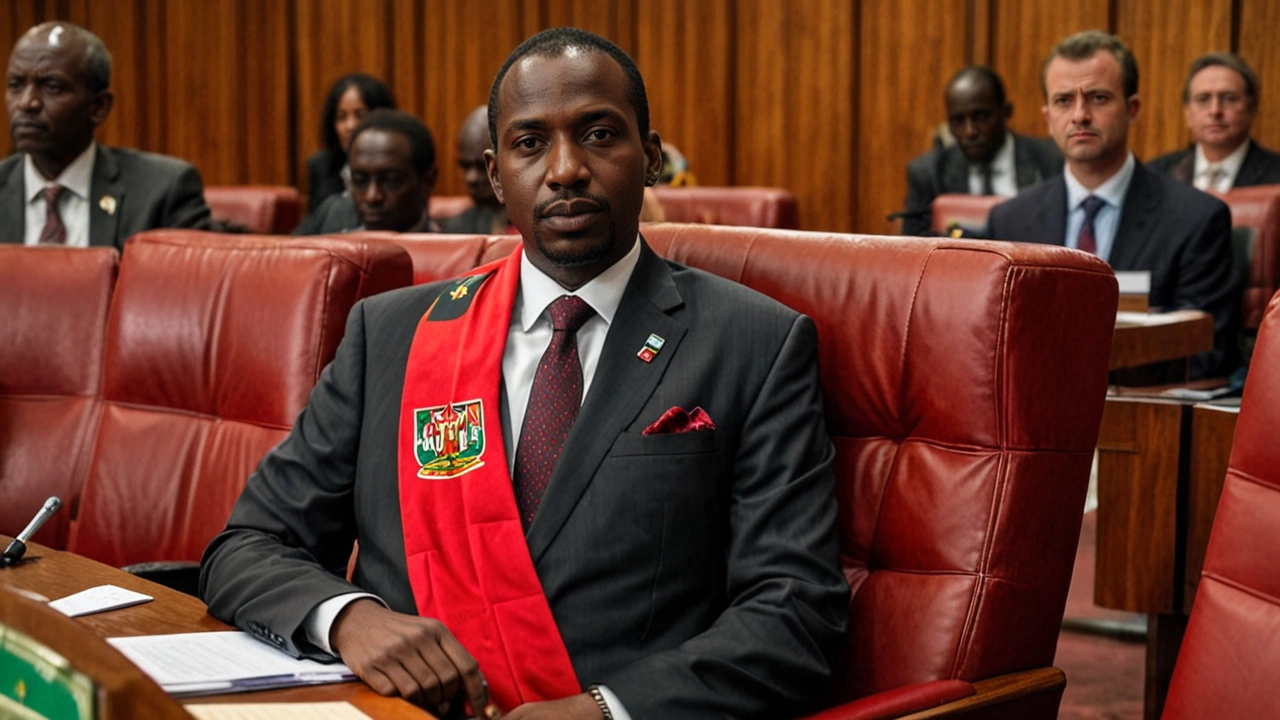
Impact on the National Dialogue
The call for Maalim's arrest has transcended a single incident, becoming a rallying cry for broader change. It echoes a larger frustration with the political landscape in Kenya, where corruption scandals seem almost a fixture. Every time a new allegation surfaces without apparent consequences, public trust erodes further. Therefore, the demand for Maalim’s prosecution is also a plea for systemic change. People want to see tangible steps toward eradicating corruption and holding those in power accountable.
Pressure on the Directorate of Criminal Investigations
The Directorate of Criminal Investigations (DCI) is facing one of its most public tests yet. The pressure to act swiftly and decisively is on. In the age of social media, inaction or even the appearance of hesitation could have significant ramifications. People are closely watching for any signs of reluctance or favoritism. On the other hand, a prompt and transparent investigation could strengthen public confidence in the institution.
Political Reactions
Unsurprisingly, the political reaction has been mixed. Some factions within the government and opposition see this as a golden opportunity to weaken Ruto’s influence. Others, however, are more cautious, warning against premature conclusions without proper investigation. Political analysts suggest that the outcome of this case could have substantial implications for the political balance in Kenya. Watching how different political actors navigate this crisis will be crucial in understanding where true loyalties and priorities lie.
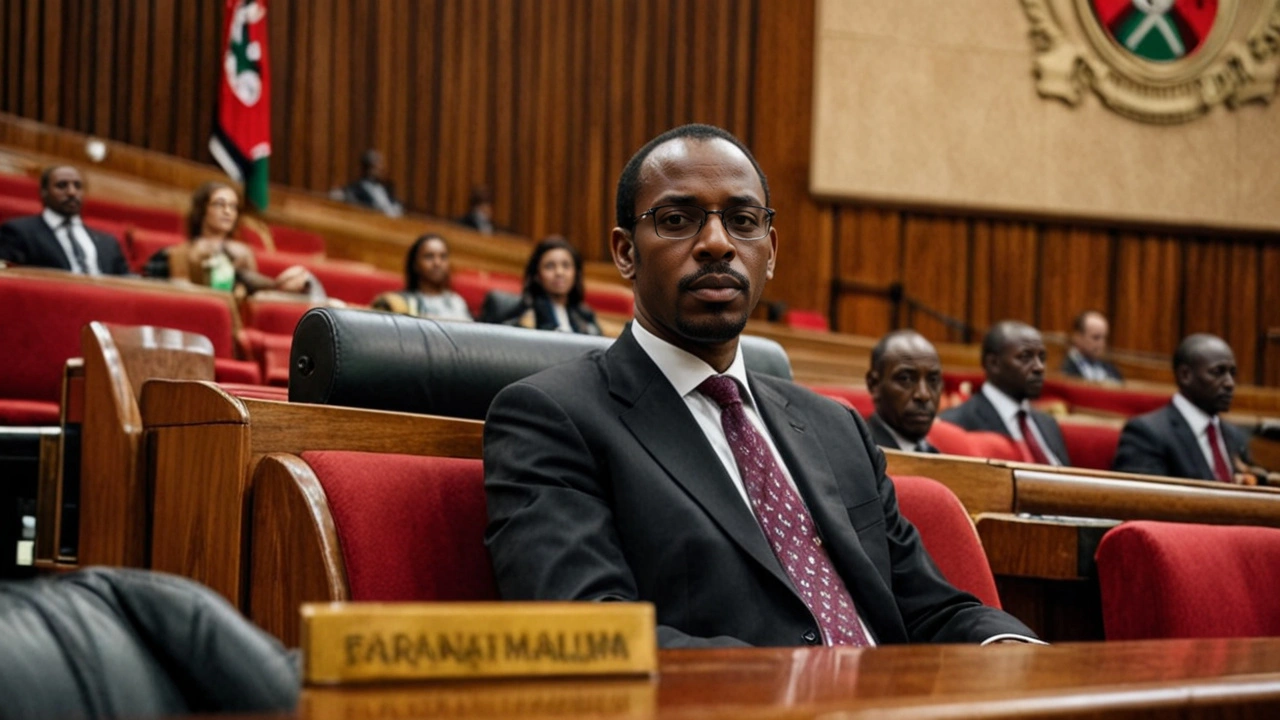
Long-Term Implications
The immediate implications are clear: the demand for Farah Maalim’s prosecution has brought an urgent call for justice and accountability. But beyond the immediate, this episode could signal a shift in Kenyan politics. If Gen Z can successfully mobilize and influence high-profile cases like this, it may herald a new era of political activism among the youth. This could lead to increased scrutiny of elected officials and perhaps a cleaner, more transparent political environment in the long run.
Conclusion: A Defining Moment
As the days unfold, how this situation is handled will be decisive. Will the DCI take swift action, or will bureaucracy and political maneuvering stall the process? The resolution, or lack thereof, will send a powerful message about the state of governance in Kenya. For now, Kenyans, especially the youth, are watching closely, hopeful for a moment of accountability that could set a positive precedent for the future.

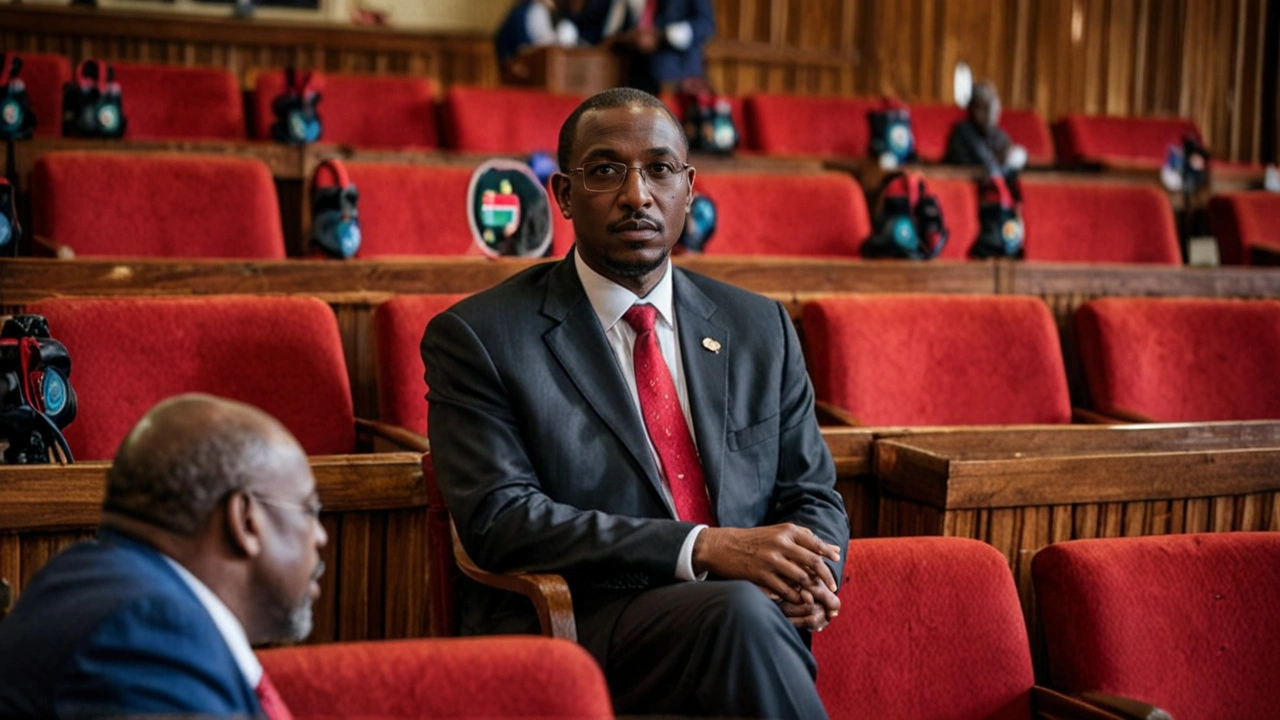
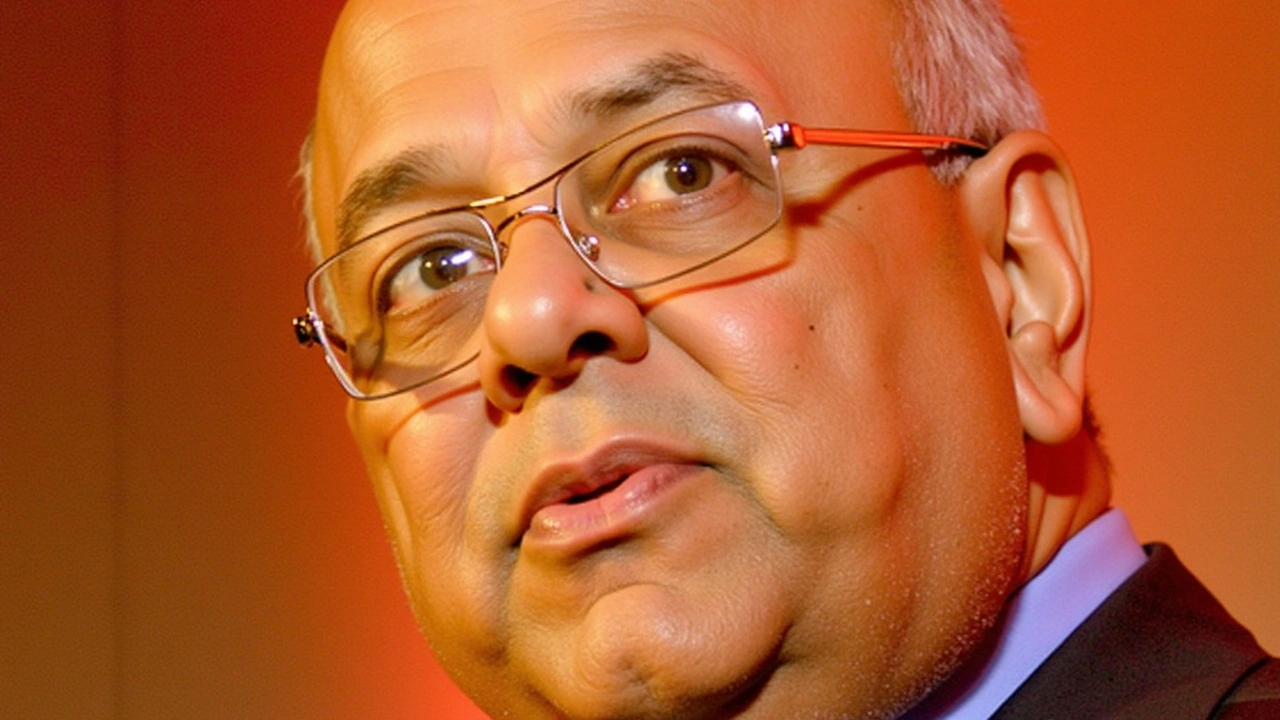
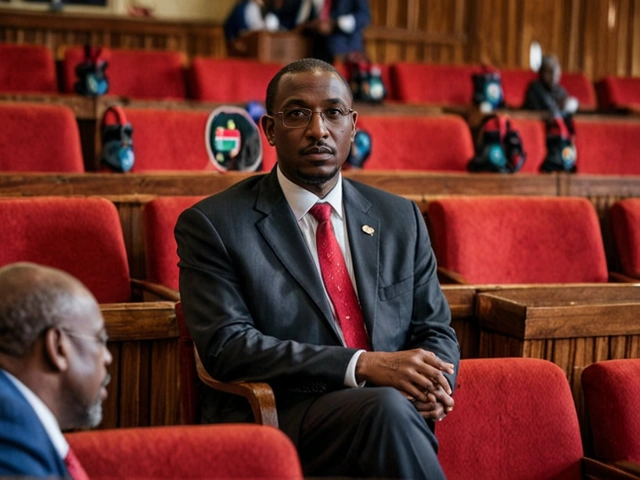



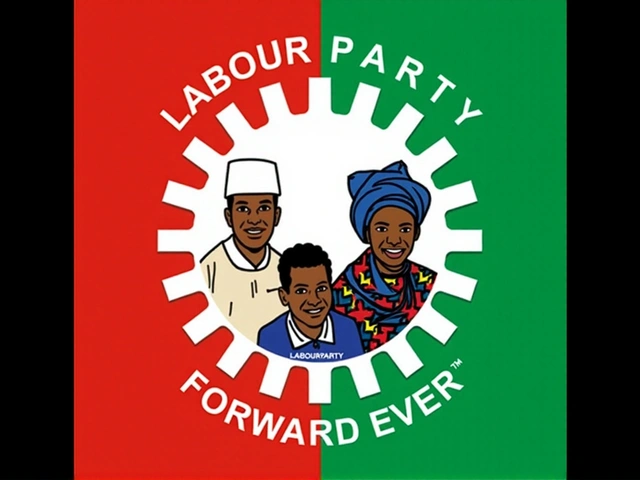
mary oconnell
July 10, 2024 AT 03:01 AMWhen the Gen‑Z brigade rolls out a hashtag storm, the establishment suddenly remembers it has a pulse.
Their digital fluency turns every meme into a subpoena of public conscience. It's almost poetic how they weaponize memes against a politician who apparently tried to sell his seat to the highest bidder. The whole episode underscores a data‑driven accountability model that the old guard never built. If the DCI wants to stay relevant, they better learn to speak in emojis and spreadsheets alike.
Michael Laffitte
July 13, 2024 AT 14:21 PMI can’t even begin to describe the fireworks I felt watching the youth march across Nairobi’s squares. It was like a blockbuster movie where the underdogs finally get their close‑up. The chants, the flags, the unstoppable TikTok streams – they all screamed one thing: enough is enough! This isn’t just a protest; it’s a cultural earthquake shaking the very foundations of power. Let’s see if the political elite can keep up with this tempo.
sahil jain
July 17, 2024 AT 01:41 AMThe surge of online activism in Kenya mirrors what we’ve seen elsewhere in South Asia, where social media becomes the courtroom for the voiceless.
Bruce Moncrieff
July 20, 2024 AT 13:01 PMWow the energy is insane the streets are alive with chants that echo through the night the whole nation is glued to a livestream and you can feel the tension rise the pressure on DCI is mounting they can’t afford a misstep
Dee Boyd
July 24, 2024 AT 00:21 AMThe ethical breach here is a textbook case of fiduciary betrayal.
Carol Wild
July 27, 2024 AT 11:41 AMOne cannot overlook the sheer magnitude of this moment in Kenyan politics; it is as if an entire generation has collectively decided that passive acceptance is no longer an option.
The digital corridors that once served merely as platforms for memes have now metamorphosed into arenas of civic litigation.
These youths, armed with smartphones and a relentless desire for transparency, are effectively holding the corridors of power to account.
Farah Maalim’s alleged maneuver to broker a deal with the deputy president is not just a local scandal-it is emblematic of a broader pattern of elite collusion that has plagued the nation for decades.
When a representative supposedly sells out his constituency, it destabilizes the very contract between the governed and the governing.
The outrage sweeping across Kenya is therefore not merely about one man, but about a systemic failure that allows such betrayals to fester.
Social media has amplified these grievances, turning a regional outcry into a national conversation that cannot be ignored.
Hashtags have become the new protest banners, and every retweet is a vote of confidence for accountability.
Moreover, the involvement of the Directorate of Criminal Investigations signals a crucial test of institutional independence.
If the DCI were to launch a swift, transparent inquiry, it could restore a measure of public trust that has eroded over years of unpunished corruption.
Conversely, any sign of hesitancy or favoritism will only deepen cynicism and embolden further malfeasance.
International observers are also watching, noting how Kenya’s handling of this case may set a precedent for other emerging democracies.
The youth’s ability to mobilize across ethnic and political lines shows a promising shift away from patronage politics toward issue‑based activism.
In the long term, this could herald a new era where elected officials are continuously scrutinized, and where accountability becomes a norm rather than an exception.
Regardless of the outcome, the fact that Gen Z has taken the helm of this movement is a clear indication that future political landscapes will be reshaped by digitally empowered citizens.
Rahul Sharma
July 30, 2024 AT 23:01 PMIt’s absolutely critical that the DCI, as an independent investigative body, initiates a transparent probe without any political interference, because any deviation could erode public confidence, exacerbate existing distrust, and embolden further corruption across all levels of government.
Emily Kadanec
August 3, 2024 AT 10:21 AMHonestly, if the whole saga were a Netflix series, it’d be called “Corruption & TikToks: The Nairobi Files,” and everyone would binge‑watch the drama while pretending they don’t care.
william wijaya
August 6, 2024 AT 21:41 PMSeeing the streets lit up with chants feels like watching a blockbuster where the underdogs finally get the spotlight; the sheer passion is contagious, and the call for accountability reverberates far beyond Nairobi.
Lemuel Belleza
August 8, 2024 AT 01:28 AMTruth be told, the youth are finally showing up.
faye ambit
August 9, 2024 AT 05:15 AMI appreciate the depth of the analysis presented above; it underscores how digital activism is reshaping power dynamics in ways that traditional protest methods never could.
Subhash Choudhary
August 11, 2024 AT 12:48 PMYo, this whole thing is wild. The Gen‑Z crowd is really turning the tables.
Ethan Smith
August 13, 2024 AT 20:21 PMThe facts are clear: a constituency feels betrayed, social media amplifies the outrage, and the investigative agency faces unprecedented scrutiny.
Evelyn Monroig
August 15, 2024 AT 00:08 AMDon’t be fooled – this is just the tip of a deeper funnel where foreign interests manipulate local politicians to keep the system under control.
Gerald Hornsby
August 17, 2024 AT 07:41 AMDrama alert: the kids are dropping truth bombs and the old guard is left speechless.
Hina Tiwari
August 19, 2024 AT 15:15 PMIts like we are finally seeing the real side of politics, not the fake promises.
WILL WILLIAMS
August 20, 2024 AT 19:01 PMColorful vibes, bold moves – the future looks bright for accountability.
Barry Hall
August 23, 2024 AT 02:35 AMInteresting turn of events 😊
abi rama
August 24, 2024 AT 06:21 AMLet’s hope this momentum translates into lasting reforms.